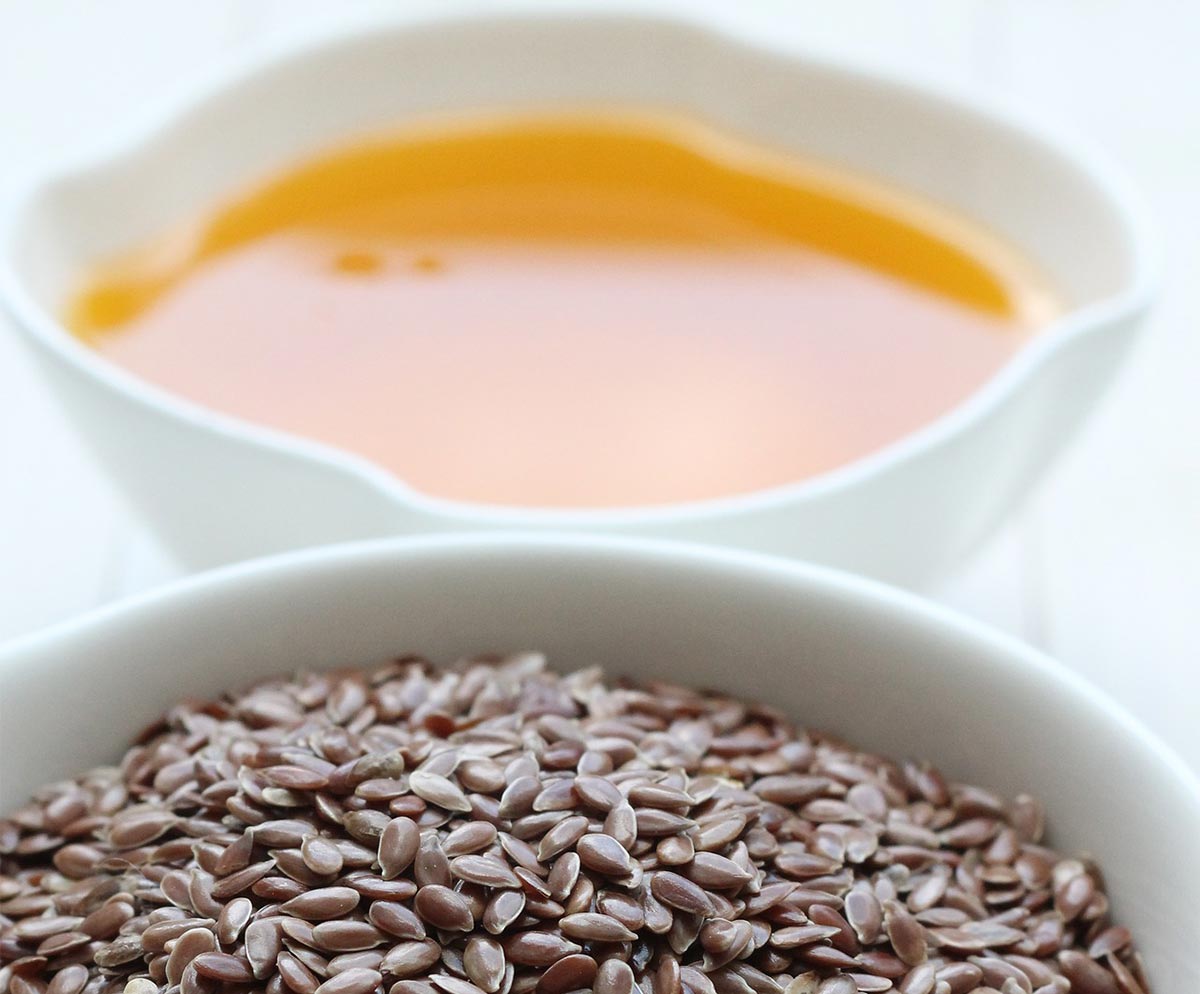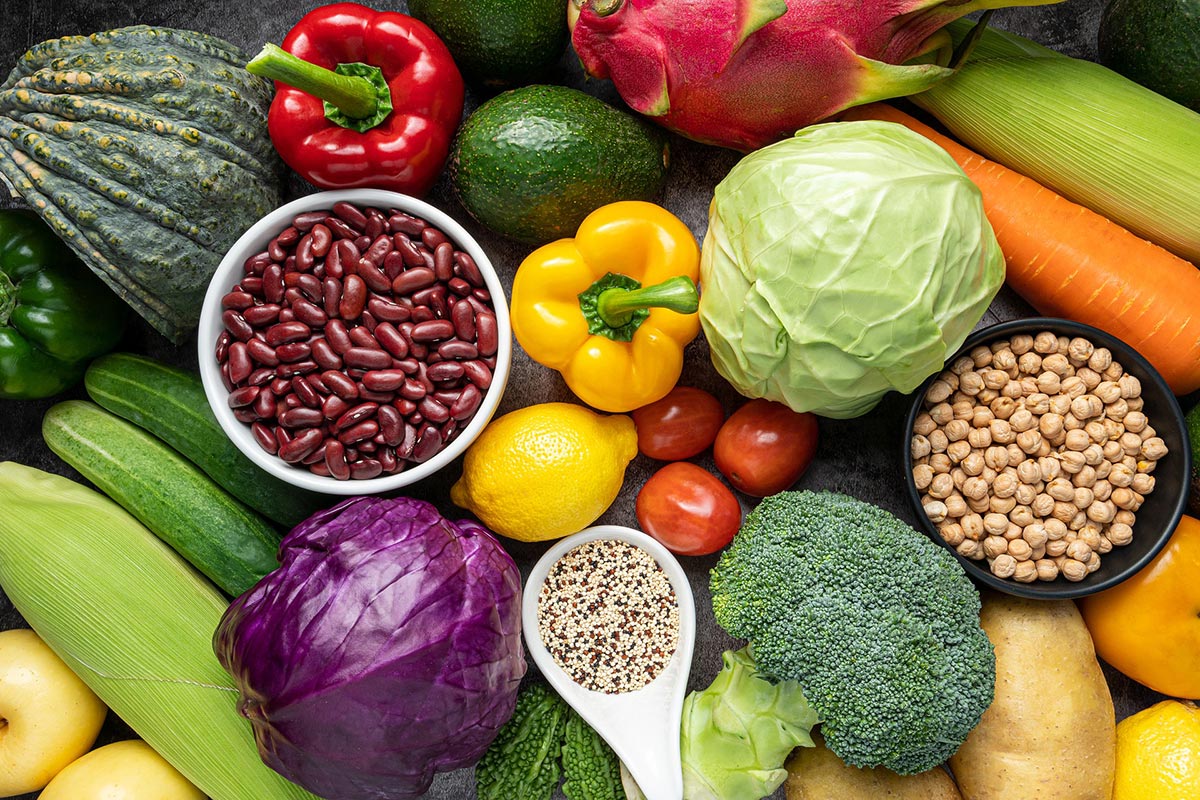Most modern diets, especially the popular ones, tend to focus on one key promise: making you skinny. Society has conditioned us to believe that being thin equates to being healthy, attractive, and desirable. Most of these diets achieve results through one common strategy—reducing caloric intake. However, there’s more to sustainable fat loss than simply cutting calories.
While fad diets might offer quick fixes, they often fail to address the deeper, long-term issues. A diet should not be a temporary tool to shed pounds but a sustainable approach to creating a healthier lifestyle. To achieve lasting results, your plan must be adaptable and enjoyable enough to integrate into your daily life.
Key Considerations for a Sustainable Diet
For any dietary approach to succeed, there are several crucial factors to consider. First and foremost, your calorie intake must align with your goals. However, achieving fat loss isn’t just about eating fewer calories. Your body requires an appropriate balance of essential nutrients to function optimally.
Another critical factor is your metabolism. Everyone’s metabolic rate is unique, influenced by genetics, age, and lifestyle. Training your metabolism through consistent eating patterns can help you achieve steady progress. It’s also vital to choose foods you enjoy, as satisfaction plays a huge role in adherence. Lastly, a sustainable diet should allow for occasional deviations without derailing your overall progress. Life is unpredictable, and flexibility is key.
The Calorie: More Than a Number
The calorie, often misunderstood, is a basic unit of energy. Scientifically, it’s defined as the energy required to raise the temperature of water by 1°C. However, in the context of food, we refer to kilocalories (kcal), with 1 kcal equating to 1,000 small calories. Calories fuel everything our bodies do, from breathing to running marathons.
To lose fat, the principle is simple: consume fewer calories than you burn. However, the application is far more nuanced. Your Basal Metabolic Rate (BMR) is the number of calories your body needs to maintain basic physiological functions like heartbeats, breathing, and cell repair. Various BMR calculators are available online to estimate your daily caloric needs. Once you know your BMR, you can tailor your intake to create a calorie deficit for fat loss.
It’s also important to recognize that not all calories are created equal. For instance, consuming 1,500 calories from glazed donuts might result in weight loss, but the lack of nutrients would leave you feeling sluggish and unhealthy. In contrast, the same caloric intake from fruits, vegetables, lean proteins, and whole grains provides essential vitamins, minerals, antioxidants and energy. Quality matters just as much as quantity.
Macronutrient Balance for Effective Fat Loss
Fat loss isn’t solely about calories; the macronutrient composition of your diet is equally crucial. Carbohydrates, proteins, and fats each play unique roles in supporting your body’s functions and fat-loss efforts.
- **Proteins:** Essential for muscle repair and maintenance, protein helps preserve lean body mass during a calorie deficit. Aim to include lean sources like chicken, fish, tofu, or legumes in every meal.
- **Fats:** Healthy fats, such as those from avocados, nuts, seeds, and olive oil, support hormonal health and provide long-lasting energy. Avoid trans fats and focus on incorporating polyunsaturated and monounsaturated fats.
- **Carbohydrates:** While often vilified, carbs are your body’s preferred energy source. Opt for complex carbohydrates like quinoa, oats, and sweet potatoes to sustain energy levels and promote satiety.
Supplements: Necessary or Not?
Supplements often come with hefty price tags and flashy marketing claims. While they can have their place in certain situations, they are not a replacement for a balanced diet. Most people can achieve their fat-loss goals with whole, nutrient-dense foods and a well-structured exercise plan.
For example, protein powders can be convenient for individuals struggling to meet their protein needs through food alone. Similarly, vitamins and minerals may be beneficial for those with specific deficiencies. However, relying on supplements for fat loss is both expensive and unnecessary. Prioritize wholesome eating habits, and your chances of success will be significantly higher.
The Role of Exercise in Fat Loss
Physical activity complements a healthy diet by increasing your calorie burn and preserving lean muscle mass. Incorporating a mix of strength training and cardiovascular exercises is ideal for optimizing fat loss. Strength training builds muscle, which in turn boosts your metabolism, while cardio helps create a calorie deficit.
For best results, include activities you enjoy. Whether it’s dancing, hiking, or weightlifting, consistency is far easier when you look forward to your workouts. Additionally, consider adding high-intensity interval training (HIIT) sessions to your routine. These short bursts of intense activity followed by rest periods can elevate your metabolism for hours post-workout.
Psychological Aspects of Fat Loss
Fat loss is as much a mental challenge as it is a physical one. Setting realistic, achievable goals helps maintain motivation and prevents burnout. Celebrate small milestones along the way to keep your spirits high. It’s also important to be kind to yourself during setbacks. Progress is rarely linear, and occasional slip-ups are a normal part of the journey.
Creating a Long-Term Plan
Fad diets often fail because they are unsustainable. Instead, focus on developing habits that can last a lifetime. This includes meal prepping, staying hydrated, and building a consistent exercise schedule. Remember, fat loss is not a race. It’s a gradual process that requires patience, persistence, and self-compassion.
By combining sensible calorie control, balanced nutrition, regular exercise, and a positive mindset, you can achieve sustainable fat loss and enjoy improved health and confidence. Embrace the journey, and the results will follow.













